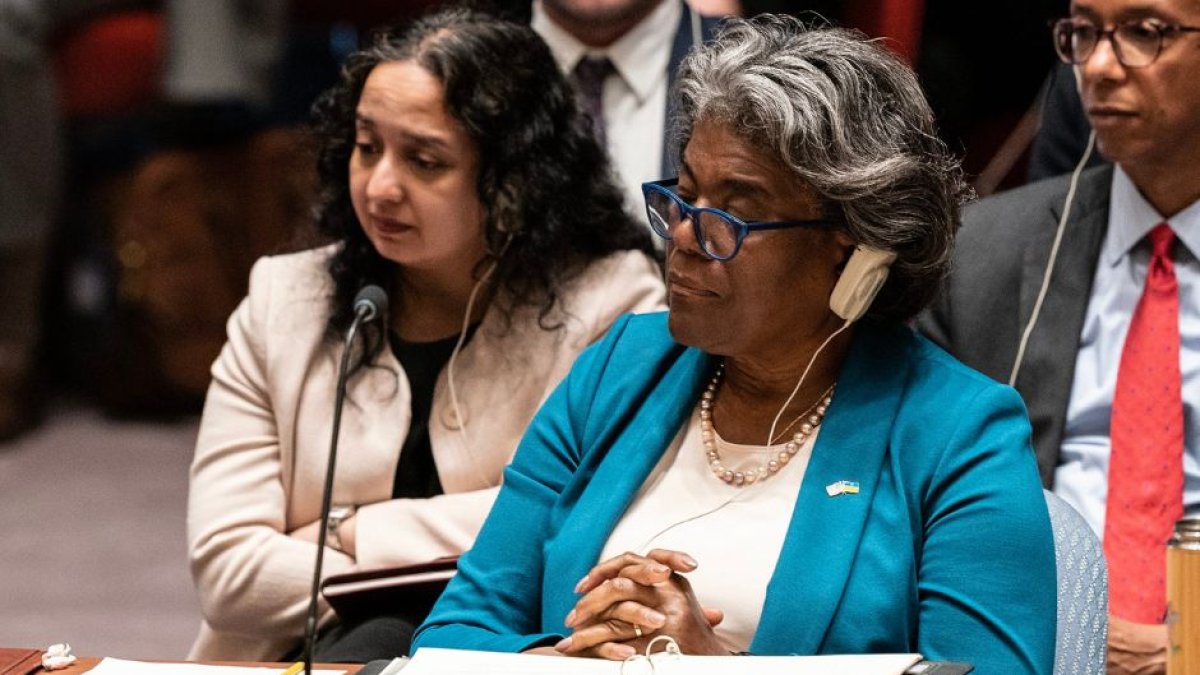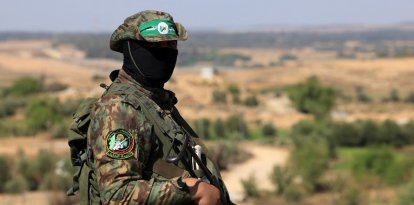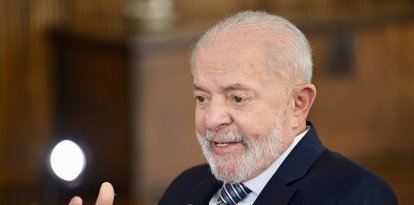The United States and its allies are discussing options ‘both inside and outside the UN’ to monitor North Korea's nuclear weapons
Ambassador to the United Nations Linda Thomas-Greenfield met with South Korea's foreign minister and discussed "unspecified next steps to ensure continued reporting" of the North Korean regime's weapons development.

La embajadora ante las Naciones Unidas, Linda Thomas-Greenfield (Cordon Press).
Ambassador to the United Nations, Linda Thomas-Greenfield reported that the United States and its allies are in constant discussions "both inside and outside the U.N." with the aim of creating new systems to monitor the program of North Korea's nuclear weapons.
At a press conference in Seoul, South Korea, the ambassador declared that she "hopes to collaborate with both the Republic of Korea and Japan, but also with like-minded countries, to try to develop options both inside and outside the U.N."
The ambassador referred to the U.N. resolution vetoed by Russia last month. With Moscow's refusal, monitoring by U.N. experts of Security Council sanctions against North Korea was abolished:
Russia and China will continue to try to block international efforts
Thomas-Greenfield met with South Korean Foreign Minister Cho Tae-yul and discussed "unspecified next steps to ensure a continuation of independent and accurate reporting" on North Korea's nuclear weapons development. However, no further details about the talks were provided.
Thomas-Greenfield stated that Russia and China will continue to try to block international efforts to maintain U.N. sanctions against North Korea.
I don't expect them to cooperate or agree with any efforts we make to find another way, but that won't stop us from finding that way in the future.
The ambassador also answered questions about tensions in the Middle East. She assured that approving Palestine's request to be a full member of the U.N. would not contribute to finding a solution to the conflict:

























